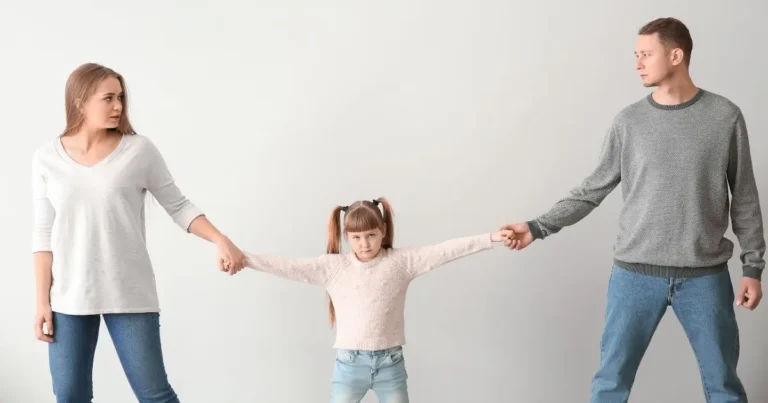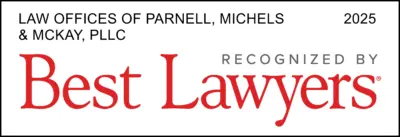Guardianship of Minors and the Opioid Crisis~3 min read
The Opioid Crisis has gripped our nation for several years. However, news agencies and governmental bodies have only begun taking steps in recent years to help stem the tide. This past summer, New Hampshire made waves for becoming the first state in the country to provide grandparents preferential treatment to obtain a guardianship over their minor grandchildren when the parents suffer from substance abuse. The law came into effect on January 1, 2018.
The framework for Guardianship Law in New Hampshire can be found in RSA 463. New Hampshire Law provides for two forms guardianships: Person or Estate. Guardianship of another’s person means the Guardian is responsible for decisions ensuring the safety and well-being of the child as aligned in accordance with the child’s best interest. Guardianship of another’s estate means the Guardian is responsible for ensuring the safekeeping and maintenance of the child’s property and finances. These forms of guardianship apply to adults as well.
Guardianships of any variety for any class could be quite difficult to secure when contested. In the fact for minors, in most circumstances, the Court still applies a “clear and convincing” evidentiary standard in order for the Court to find that guardianship over the person of a minor is necessary. See RSA 463:8, III(b). Clear and convincing is considered the “medium” evidentiary standard. A Petitioner under this standard would be required to prove that it is substantially more likely than not that a guardianship will be in the child’s best interest. Therefore, it was once the case that unless parents willingly entered into a guardianship, guardianships over the person of a minor were not easily attained against the wishes of the parent, no matter the scenario.
However, a new section of RSA 463:8, III(b) reads as follows: “If guardianship is sought by the minor’s grandparent as the result of the parent’s substance abuse or dependence, the burden of proof shall be on the petitioner to establish by a preponderance of the evidence that a guardianship of the person is in the best interests of the minor.” This change in the law significantly lowers the standard for grandparents seeking to deliver their grandchild from dangerous environments where the parents’ decision-making capacity is extraordinarily flawed. The “preponderance of the evidence” is the least rigorous evidentiary standard, if put into a percentage, the standard would mean that more than 50% of the evidence points to a particular conclusion. This is the same standard used in any civil trial.
While there are two sides to every story, the chances of abuse on a law like this are minimal. The parties are still required to appear in front of judges to determine whether a guardianship is put in place. Further, the law restricts the use of the lessened evidentiary standard to an intimate family member that likely has particular knowledge about raising the child and/or a special relationship with that child already. Further, the law maintains the extra evidentiary level of protection in other guardianship cases. It is unfortunate that a law like this needs to exist in the practical reality we now live in, but with laws like this, the State of New Hampshire is trying to take steps on a pressing issue while ensuring the family unit remains together as best as possible in trying times.
Understandably, guardianships can be an extremely emotional time for any potential Petitioner. While petitions are now filed online through the Court’s E-Filing system, it is worthwhile to contact an attorney before filing to ensure you receive the best legal and practical advice.
The attorneys at Parnell, Michels & McKay are well-able to provide such two-pronged advice to guide you through trying times. As guardianships meet at the intersection of Probate and Family law, if you are interested in learning more about guardianships or have other questions in the areas of family or probate law, please contact us to learn more.
Our firm blends advocacy oriented practice with effective practical solutions for all our clients in Londonderry, N. Woodstock, and throughout New Hampshire. The attorneys at Parnell, Michels & McKay provide effective representation and counseling to assist our clients facing legal questions. We simplify the process so our clients can understand and are able to participate as partners in the resolution.
Our practice includes personal injury law such as motor vehicle accidents, falls, dog bites, workers compensation, social security disability, and other injuries.
We also practice family law, including divorce, post-divorce, unwed custody and property division, and collaborative divorce, and have extensive experience in bankruptcy, probate, boundary disputes, estate planning, corporate formation and other real estate litigation.















